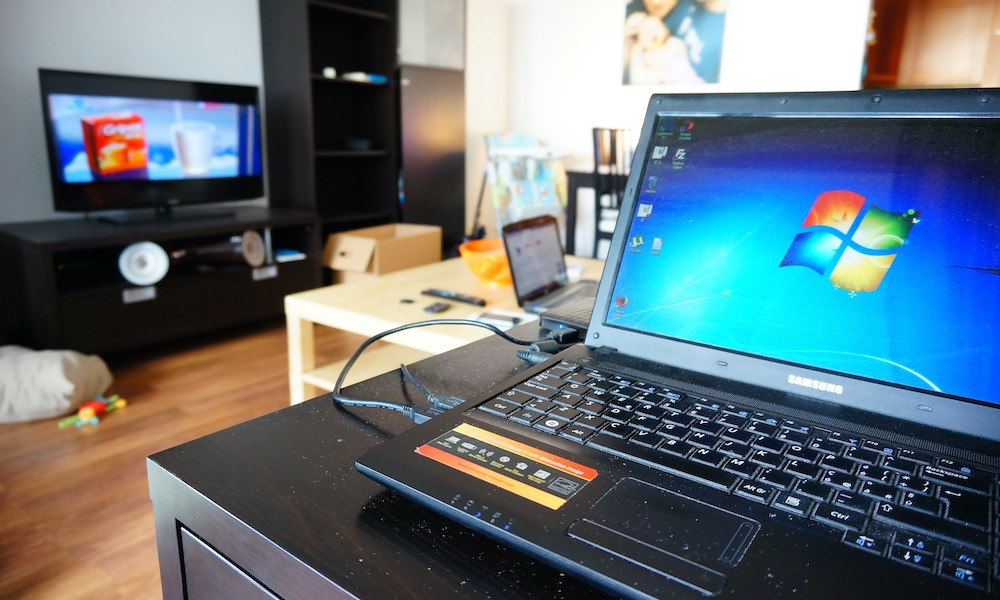Windows 7 Support Officially Ends Meaning Some Users May Be Forced to Use a Mac
 Credit: 1000 Words Photos / Shutterstock
Credit: 1000 Words Photos / Shutterstock
Toggle Dark Mode
It’s the end of an era for Windows users as Microsoft has officially ended software support for Windows 7. And, in the wake of that move, Apple could benefit.
While it may be a smooth transition for some, Windows 7 still runs on millions of PCs and retains 26 percent of the PC market share according to Netmarketshare data.
Many enterprise users and IT departments are left with a few choices: upgrade to Windows 10, shell out annual fees for extended Windows 7 support, or just switch to Macs. For many IT departments, it’s that last point that makes the most sense.
Analysts over at IDC forecast that IT departments across the U.S. are expected to replace about 13 percent of their Windows 7 devices with Apple products. That doesn’t sound like a significant amount, but it represents tens of millions in enterprise sales.
And that number may grow and change over time. As any long-time Windows PC veteran knows, the current version of Windows just isn’t the same as it used to be. Times have changed for the ubiquitous PC OS— and not necessarily for the better.
Microsoft itself has acknowledged this. CEO Satya Nadella said last year that “the operating system is no longer the most important layer for us.” Microsoft is thoroughly moving into the cloud and cross-platform services space. And Windows itself will become even less of a priority.
The rise of software services, web apps and cloud-based applications also mean that Macs can perform just as well, if not better, than their Windows counterparts at work. Apple knows this, which is why it’s invested heavily in enterprise-aimed hardware.
While we don’t expect Apple devices to replace Windows PCs at every company across the world overnight, there’s a good chance that Macs could slowly but surely gain ground in terms of enterprise market share.
Just take a look at the statistics. As of November 2019, 100 percent of Fortune 500 companies now use Apple products in their workplaces in some form.
And an IBM survey from last year suggested that employees may prefer to use macOS instead of Windows — and may even be more productive when doing so. So, yes. It’s the end of an era for Microsoft. But it may just be the beginning of a new one for Apple.






